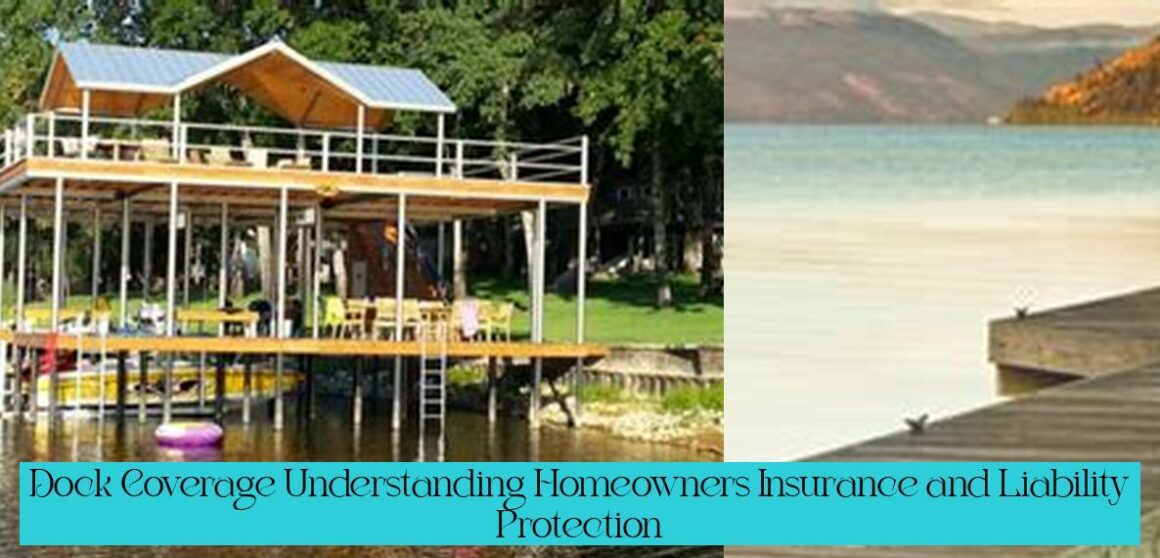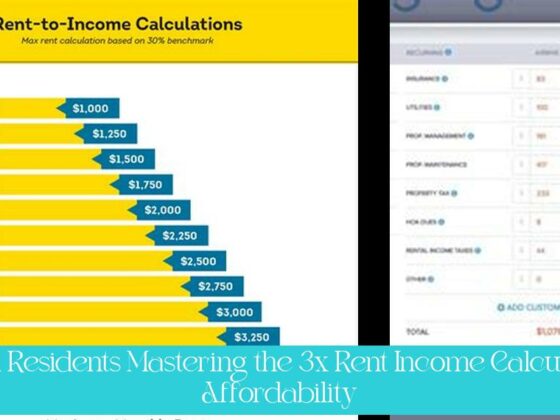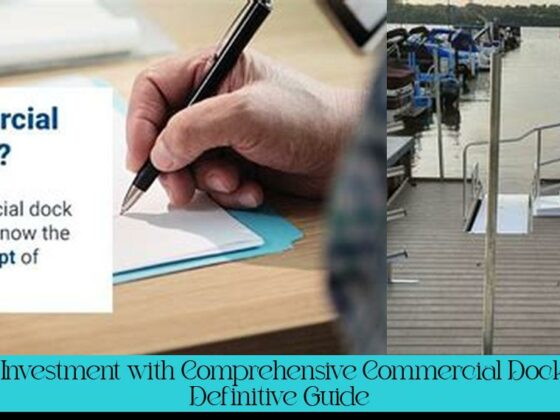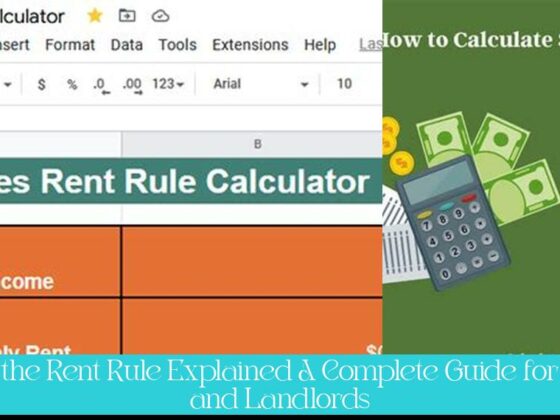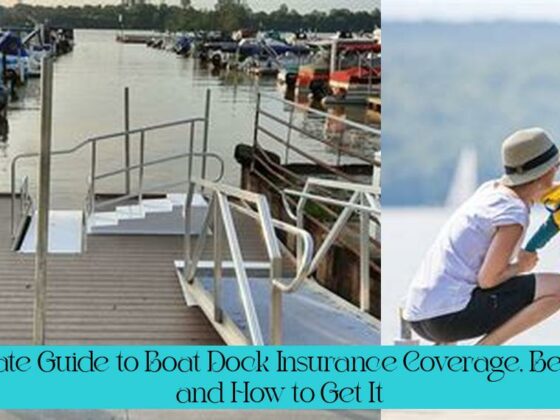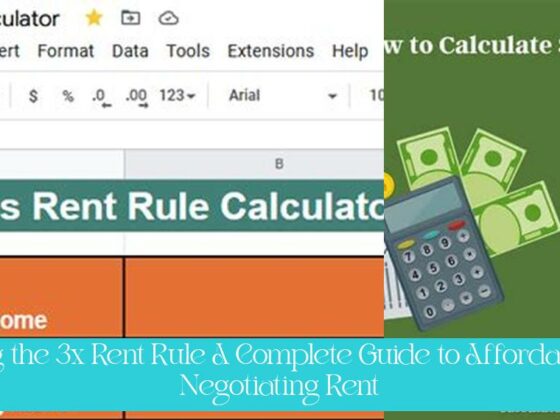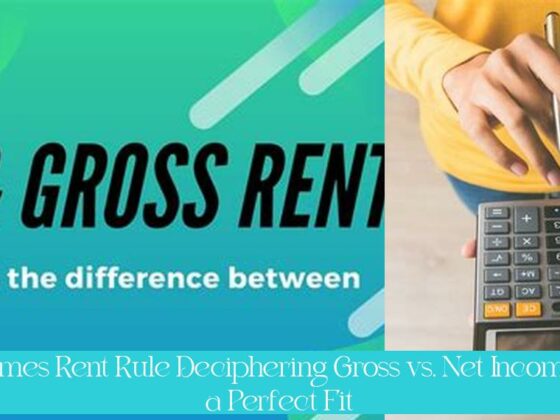Are Docks Covered by Homeowners Insurance? Understanding the Ins and Outs of Dock Coverage
Picture this: you’re leisurely enjoying a day on your boat dock when suddenly, a question pops into your mind – are docks covered by homeowners insurance? Whether you’re a proud dock owner or contemplating investing in one, understanding the nuances of insurance coverage for docks is crucial. From liability protection to coverage limitations, we’ll dive into the intricacies of ensuring your dock’s safety and your peace of mind. So, grab a seat and let’s navigate the waters of homeowners insurance and dock coverage together.
Key Takeaways
Boat docks can be covered by homeowners insurance under the “Other Structures” coverage feature.
Liability coverage in boat insurance may pay for damages to docks, pilings, and other boats.
A detached structure includes additional buildings or structures on your property, such as docks, garages, sheds, and fences.
Boat dock insurance is usually included in homeowners insurance, but it must be on your own property to be covered.
Homeowners insurance generally does not cover damage to docks during hurricanes.
Foundation cracks or settling are generally not covered by homeowners insurance.
Understanding Homeowners Insurance Coverage for Docks
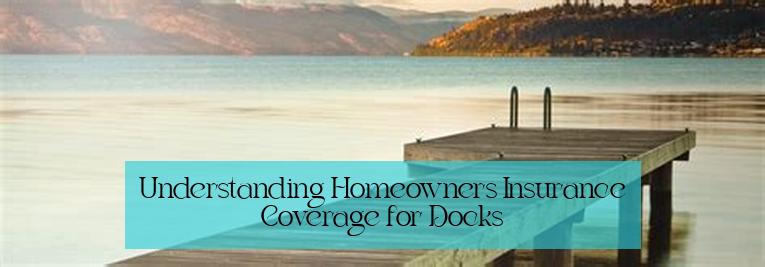
Many homeowners enjoy the convenience and leisure of having a private dock on their property. However, understanding the intricacies of homeowners insurance coverage for docks is crucial to ensure adequate protection against unforeseen events. This comprehensive guide delves into the essential aspects of homeowners insurance and its applicability to docks, providing valuable insights for homeowners seeking peace of mind.
Other Structures Coverage: A Safety Net for Detached Properties
Homeowners insurance policies often include “Other Structures” coverage, which extends protection to detached structures on the property. This coverage encompasses a range of structures, including detached garages, sheds, fences, and swimming pools. Importantly, boat docks can also fall under this coverage, providing a layer of protection against covered perils.
Defining Detached Structures: Where Docks Fit In
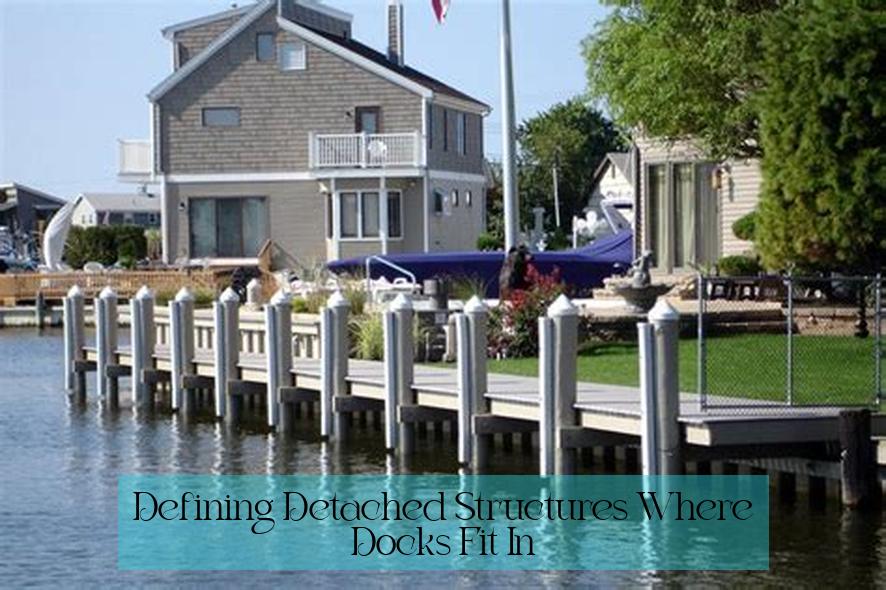
Detached structures are defined as any building or structure on the property that is not physically attached to the primary residence. This includes structures such as guest houses, barns, gazebos, and driveways. Docks, by nature of being separate from the main house, qualify as detached structures and can therefore be covered under the “Other Structures” provision of homeowners insurance.
Coverage Limitations: Exclusions to Be Aware Of
While homeowners insurance provides coverage for detached structures, it’s essential to be aware of certain limitations and exclusions. For instance, damage to docks caused by hurricanes or other natural disasters may not be covered under standard policies. Additionally, docks located at marinas or on someone else’s property are typically not covered by homeowners insurance.
Ensuring Coverage: proactive Steps for Dock Protection
To ensure comprehensive coverage for your boat dock, consider adding it explicitly to your homeowners policy through the “Other Structures” coverage feature. This proactive measure provides peace of mind, knowing that your dock is protected against covered perils. By taking this additional step, you can safeguard your investment and avoid costly repairs or replacements in the event of an unforeseen incident.
Liability Coverage: Protecting Against Third-Party Claims
In addition to coverage for physical damage to your dock, homeowners insurance also includes liability coverage. This coverage provides protection against financial liability if someone is injured or their property is damaged due to your dock. For instance, if a guest slips and falls on your dock, liability coverage may help cover their medical expenses or legal claims.
Pour les curieux, Are Sea Walls Covered by Homeowners Insurance? A Complete Guide to Retaining Wall Coverage for Waterfront Properties
Understanding Liability Coverage Limits
Liability coverage has limits, which determine the maximum amount the insurance company will pay for covered claims. These limits vary depending on the policy and can be adjusted to meet your specific needs. It’s important to assess your potential liability exposure and ensure that your coverage limits are adequate to protect your assets.
Exclusions to Liability Coverage
While liability coverage provides valuable protection, it’s important to be aware of certain exclusions. Intentional acts, criminal behavior, and damage caused by certain breeds of dogs are often excluded from coverage. Carefully review your policy to understand the specific exclusions that may apply.
Additional Protection: Umbrella Policies for Enhanced Liability
For homeowners with significant assets or potential liability exposure, an umbrella policy can provide an extra layer of protection. Umbrella policies extend coverage beyond the limits of your homeowners insurance, offering additional liability coverage for a wide range of scenarios. Consider an umbrella policy if you have concerns about exceeding your homeowners insurance liability limits.
Additional Considerations for Dock Coverage
Beyond the basics of homeowners insurance coverage for docks, several additional factors warrant consideration to ensure comprehensive protection.
Endorsements and Riders: Tailoring Coverage to Specific Needs
Endorsements and riders are add-ons to your homeowners insurance policy that can provide additional coverage for specific risks or situations. For example, a “dock endorsement” may enhance your coverage for docks, extending protection against additional perils or increasing coverage limits.
Replacement Cost vs. Actual Cash Value: Understanding Coverage Options
Homeowners insurance policies typically offer two options for coverage: replacement cost and actual cash value. Replacement cost coverage pays for the cost of replacing your dock with a new one of comparable quality, while actual cash value coverage depreciates the value of your dock over time. Consider your financial situation and the age of your dock when selecting the most appropriate coverage option.
Regular Maintenance: A Proactive Approach to Dock Protection
Regular maintenance is crucial for preserving the condition of your dock and minimizing the risk of damage. Inspect your dock regularly for signs of wear and tear, and make repairs promptly to prevent minor issues from escalating into costly problems. By taking a proactive approach to maintenance, you can extend the lifespan of your dock and reduce the likelihood of insurance claims.
1. Are boat docks covered by homeowners insurance?
Answer: Yes, boat docks can be covered by homeowners insurance under the “Other Structures” coverage feature, which extends protection to detached structures on the property.
2. Does boat insurance cover hitting a dock?
Answer: Boat liability coverage may pay for damages or injuries you’re responsible for while on the water, including damage you cause to docks, pilings, and other boats.
3. Is a dock considered a detached structure?
Answer: Yes, a dock is considered a detached structure, as it is a separate building or structure on the property that is not physically attached to the primary residence.
4. What are the coverage limitations for docks under homeowners insurance?
Answer: Homeowners insurance may not cover damage to docks caused by hurricanes or other natural disasters, and docks located at marinas or on someone else’s property are typically not covered.
5. How can I ensure coverage for my boat dock under homeowners insurance?
Answer: To ensure comprehensive coverage for your boat dock, consider adding it explicitly to your homeowners policy through the “Other Structures” coverage feature.
6. What falls under the “Other Structures” coverage in homeowners insurance?
Answer: The “Other Structures” coverage in homeowners insurance includes detached structures such as garages, sheds, fences, swimming pools, and boat docks, providing a layer of protection against covered perils.
